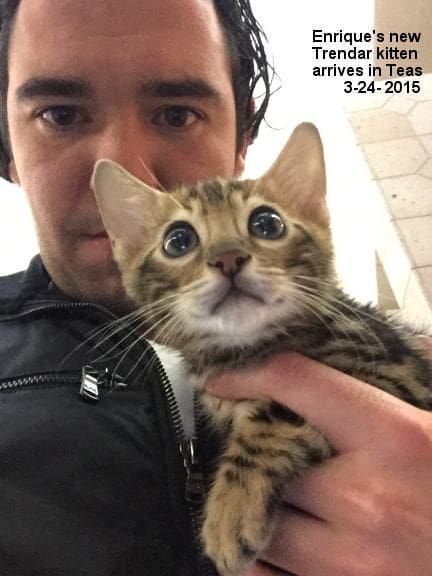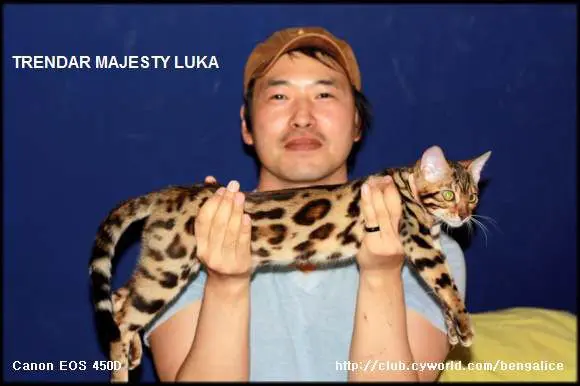
Vaccinating your Trendar kitten

Trendar has a different view on vaccines
I may need to make revisions. I researched and wrote this around 2002. – Holly B
Vaccinating against FLV (Feline Leukemia) and FIP (Feline Infectious Peritonitis) are NOT recommended.
Research is unclear on the safety and effectiveness of these vaccines.
If vaccinating makes you feel better ... or because your vet will give you a big long lecture...
you can get rabies if required.
But NOT the same day you do any other vaccines.
I personally believe the many vaccines that are given to human children are at least part of the cause of so many mental problems in children. Too much medicine is not a good thing... same for all animals.
PLEASE only use the 3-in-1 vaccine,
also known as FVRCP, a multi-vaccine that protects your cat against:
- Feline Panleukopenia Virus (a.k.a. Feline Distemper)
- Feline Herpes Virus
- Feline Calicivirus (both of which are feline respiratory infections)
Starting after 4 months old, you need to give only 1 vaccine,
not the usual series of 2 doses, 3 to 4 weeks apart.
Adult cats need shots less often, usually every year or every 3 years
or less if not exposed to other cats.
Hope this info helps, even though most vets will try to sell you more...
Your vet will want to give your cat worm medicine... He came to you with no worms...
My whole cattery has no worms or fecal problems.
If your kitten has normal firm stool, please tell the vet he can do a fecal check.
ALSO tell him... if the fecal check shows worms, then you will use worm medicine.
If the fecal shows no worms, he does not need extra medicine.
By now you know how bold I am... When I see a new vet and they insist...
I tell them, if you want to check for worms, fine. If you find worms, I will pay.
If you find NO worms, YOU will pay![]()

Early Spay and Neuter

MANY Vets promote early Spay and Neuter
If your local vet says wait until 6 months old... call another vet or call your local animal shelter for references.
When kittens are 6 months old, they usually start developing hormones.
This means they may start to spray.
Prevention is a lot easier than all the cleaning and retraining.
For more insight read the comments below
All my pet Bengals are spayed by my personal vet
before leaving for their new homes.
No exceptions unless you pay breeding price. $7,000 and up.
This makes life easier for everyone.
You do not have to worry about the surgery and
I do not have to worry about follow up paperwork.

Written by Brigitte McMinn,
a well known Bengal Breeder from CA.
I have noted on several occasions the pain that is associated with the surgery to be great on animals that are older with the young kittens displaying either NO pain or MILD pain - It is amazing!
There is also the NUMEROUS added benefits: *Kittens can go home and start the bonding process with new families with NO Breaks *Kittens are LESS likely to be declawed as these are typically surgeries that are performed hand in hand *Kittens heal faster at an early age *Kittens are examined thoroughly adding to the other vet exams performed on your kittens prior to placement *Kittens can put their energies into growing and not sexual maturity *We have seen that ALMOST NEVER do you have sprayer that originated from an ESN *There is comfort in knowing that your kittens are indeed altered and that you as a pet owner do not this responsibility *Pet owners are thrilled to know this has been taken care of *It is wonderful to be able to hand over the blue slip to the new owner at the time of purchase and not have to worry about obtaining a proof of alteration certificate *It eases my mind to know that a kitten was cared for by my vet, the vet you trust and respect There are other benefits that come about as well - far too numerous to list!
(the above, early spay section written by; Brigitte McMinn)
If your vet is unwilling to perform ESN - don't force the issue, he needs to be confident that he can do it.
For early S/N vet references, call your local humane society or animal shelter.
